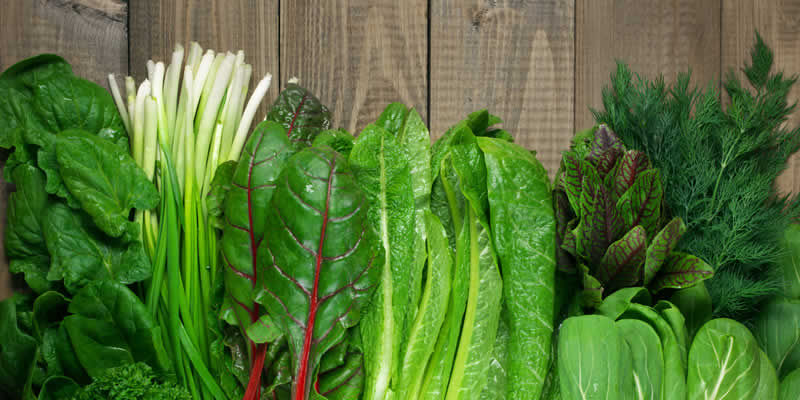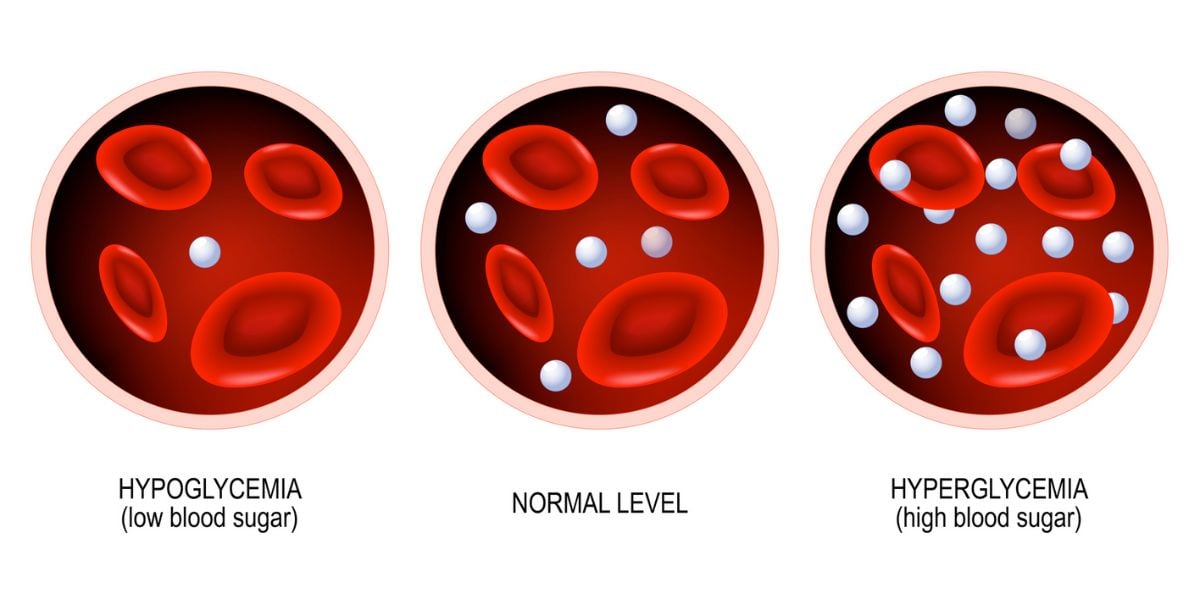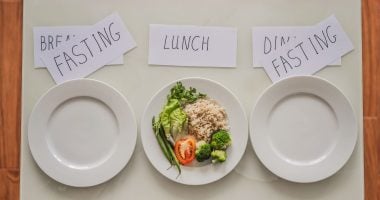Can people with diabetes use a vegan diet to improve blood glucose control? Absolutely.
By eating a healthy vegan diet low in cholesterol and saturated fat, but balanced enough to include fibre and protein, blood glucose levels can be made easier to control.
This type of diet, particularly when combined with exercise, can help to lower blood glucose levels and better manage diabetes.
What is a vegan diet for diabetes?
A vegan diet effectively means cutting out meat, dairy and animal products whether you have diabetes or not.
So what do you eat?
Vegan diets, whether for people with diabetes or not, are usually based around plants. Particular foods eaten include vegetables, fruit, grains, legumes.
Animal products such as meat and dairy are avoided, as are added fat and sugar. People on vegan diets often take vitamin B12 deficiency supplements.
Isn’t a vegan diet for diabetics hard to stick to?
Eating a vegan diet does require some compromise, but getting the right diabetes recipes and planning your diet well will make following a vegan diet for diabetes easy. When planning your vegan diet, you need to make sure that protein, carbohydrates, fat, vitamins and minerals are balanced.
Vegan diets do not usually demand that portions be stuck to or calories counted, making them easier to follow than some diabetes diets.
Can I lose weight using a vegan diet?
Many people with diabetes, particularly type 2 diabetes, have a firm goal to lose weight. Weight loss is well understood as one of the best ways of achieving diabetes control. Vegan diets with a lower glycaemic index and a higher level of fibre are an excellent way of losing weight and improving body mass index
Is there any scientific evidence to support a vegan diet for people with diabetes?
Studies in the past have shown that those people who follow a low-fat vegan diet, avoiding meat and dairy, lower blood sugar levels very efficiently and lose weight. Researchers have shown that people with diabetes who eat a vegan diet also lower their cholesterol and improve kidney functioning.







